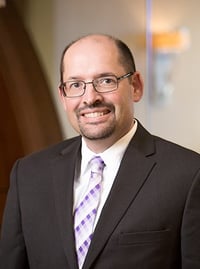By: The Worker's Compensation Team
When we think of workers’ compensation in Virginia, we typically think of injuries by accident. Virginia law instructs us to look for a specific and identifiable event as the cause of an injury. That being said, there are situations where a person is entitled to compensation for injuries that lack any type of identifiable event, these are known as “Occupational Diseases.”




